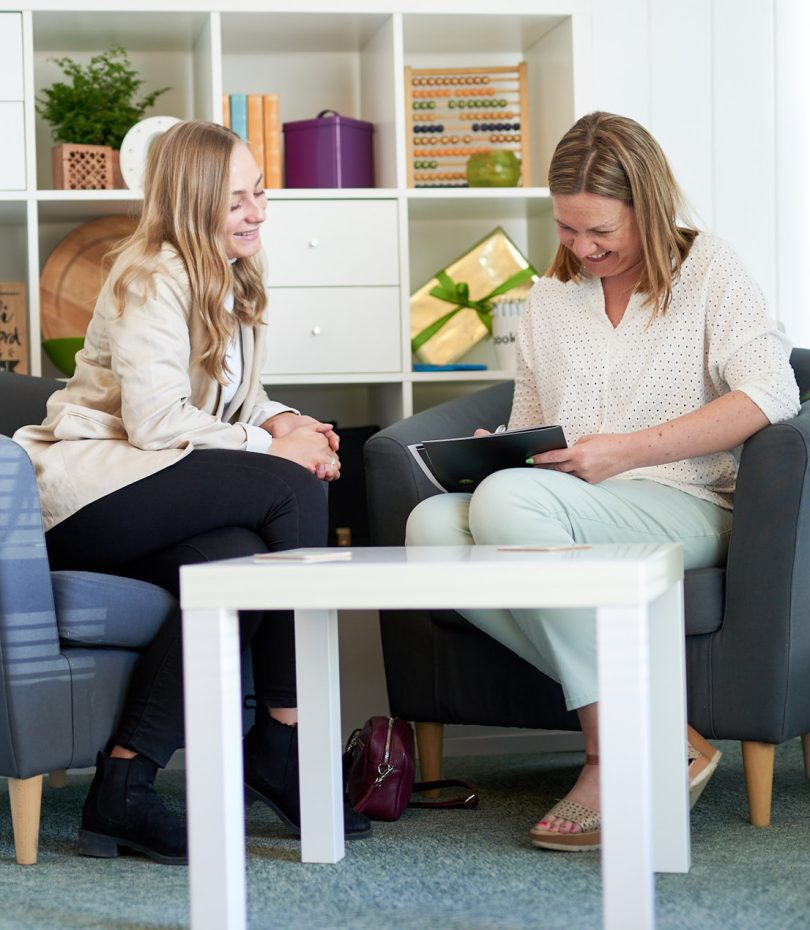
It’s been, unbelievably, almost two years now since workers across the UK were first told to “stay safe and work from home” at the outset of the COVID-19 pandemic.
While at first this was a daunting and unsettling prospect for many, as time has passed many professionals have now become well-adjusted to the ‘new normal’ of working life, aided by many firms investing in sizeable digital transformations and the explosion of platforms like Microsoft Teams and Zoom keeping us connected and linked in, wherever we may be.
As the pandemic continues to surge on and hybrid working looks to become the fixed pattern for many going forward, there’s now a growing trend towards building home office set-ups in gardens, or the ‘shoffice’ as some have dubbed it. Garden building sales reportedly increased by a whopping 500% year-on-year between January and May 2021 when the UK faced its longest lockdown yet, with shed sales up by 460% compared to a year earlier.
There are, of course, obvious benefits to this: a dedicated outbuilding provides the chance to create a clear distinction between work and family life, the ability to control the working environment and the flexibility that home working can afford in the long term.
Yet as work sheds, pods and outdoor offices are embraced by more and more WFH advocates across the UK, there are serious tax implications that it pays to be aware of before investing in your shiny new work haven:
Is it right for me?
Building a home office is an exciting but also big decision – and one that shouldn’t be entered into lightly. Here at Gooding Accounts, we’re passionate about helping people to make the right choices for them, their business and their lifestyles. Book an appointment today to speak with our experienced team of accountancy specialists and we’ll be happy to help you take the best next step forward for you.
Our friendly and helpful approach to accountancy, ensures that you understand and are in tune with your finances. Our committed team will communicate with you every step of the way so that you understand the position of your financial affairs – get in touch today.
